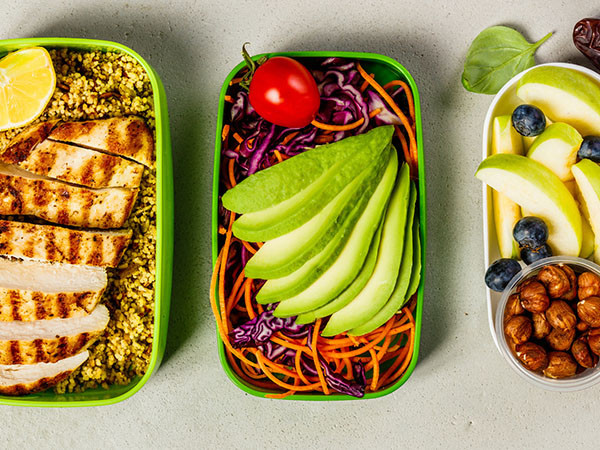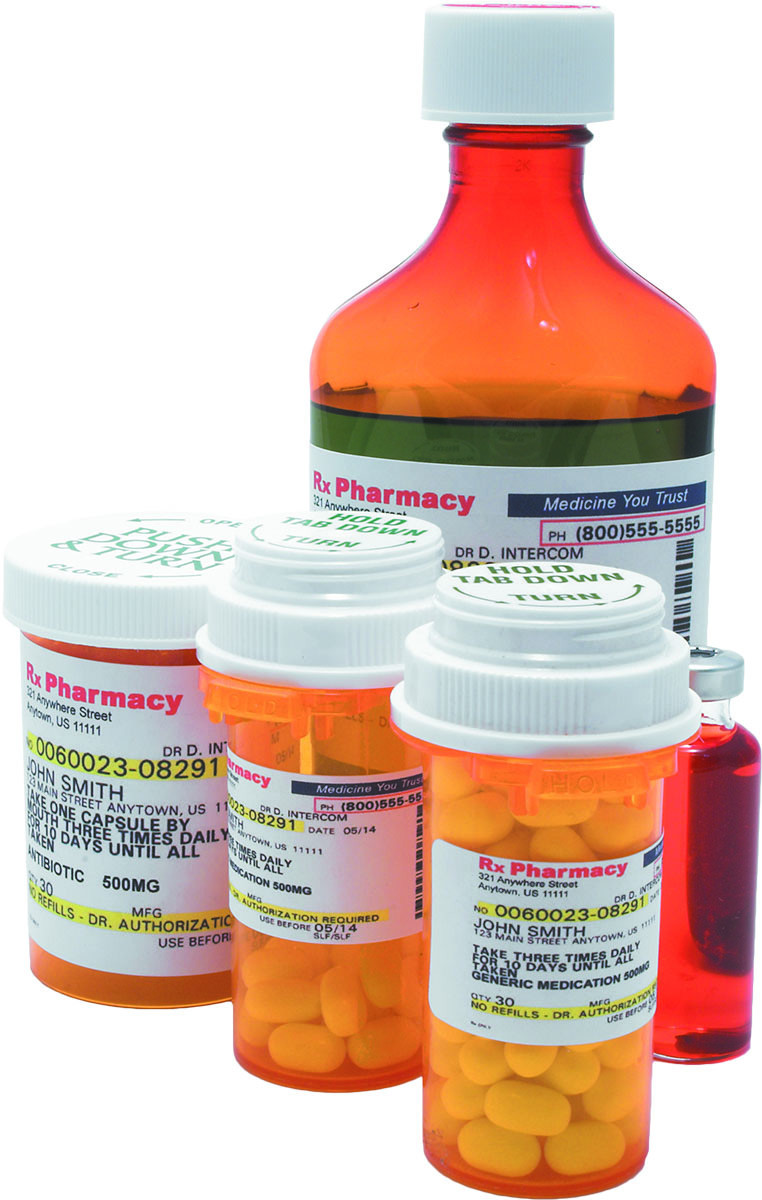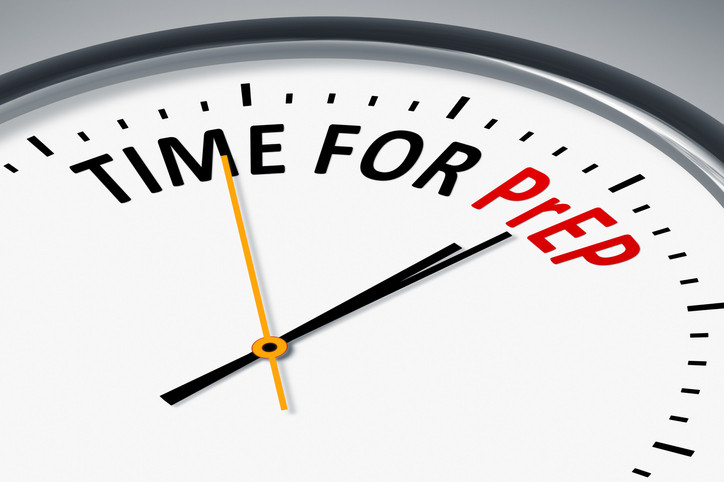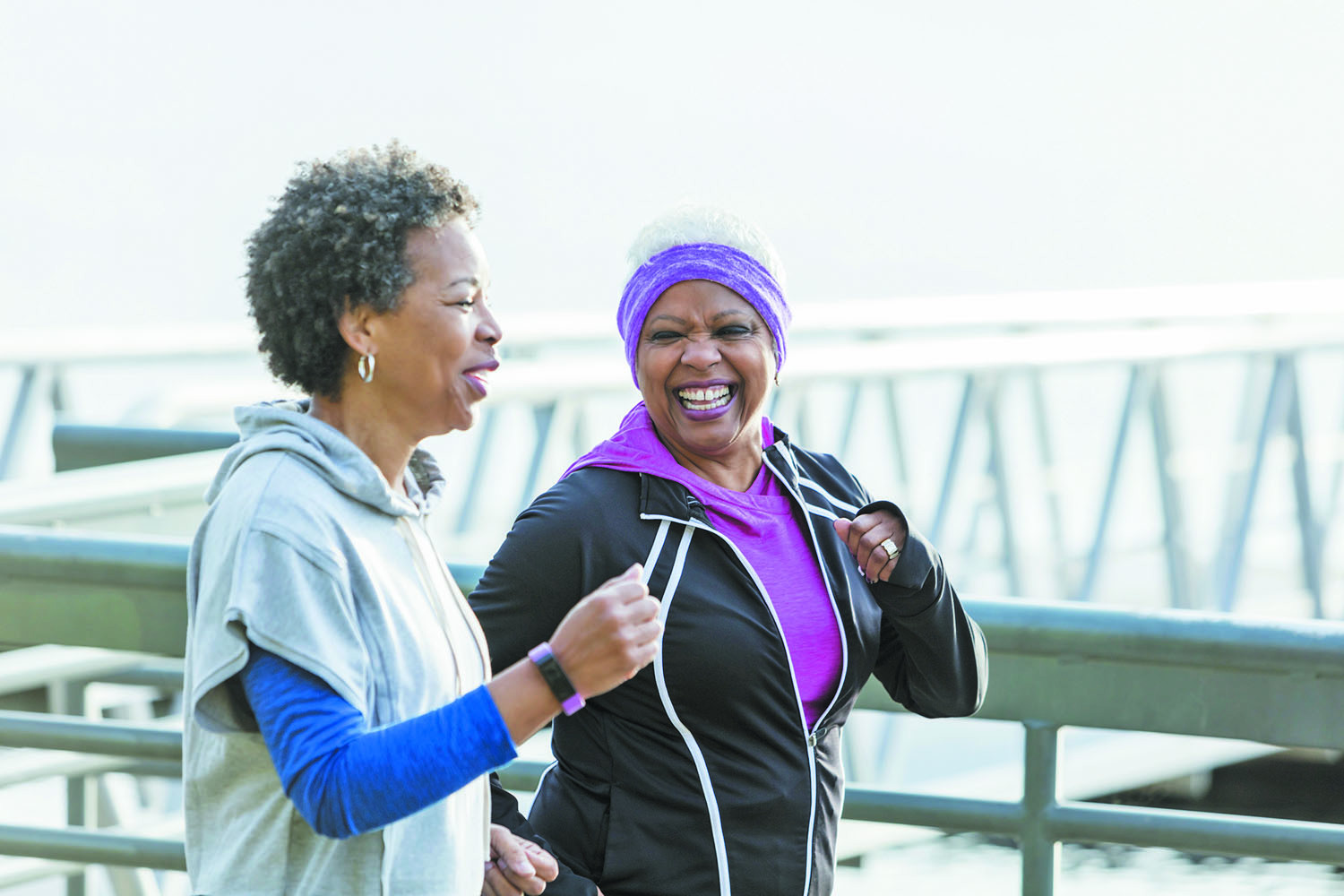
Salmonella is sneaky: Watch out

Two jobs may lower the odds of dying from Alzheimer's disease — but why?

Mastitis: What to do when your breasts are painfully inflamed

How — and why — to fit more fiber and fermented food into your meals

UTI in older women: Why postmenopausal women are susceptible to urinary tract infection, and what to do about it

Can a routine vaccine prevent dementia?

Some adults may need a measles booster shot. Who should get one and why?

Less butter, more plant oils, longer life?

Healthier planet, healthier people

Counting steps is good — is combining steps and heart rate better?
Staying Healthy Archive
Articles
Taking multiple prescriptions can be risky
Simple organization and communication strategies can help you manage your medications and reduce health risks.
If your pillbox is overflowing, you're not alone. Some 60% of Americans have at least one chronic condition, and 40% have two or more, according to the CDC. Doctors often prescribe multiple drugs to manage them.
"Some studies have found that a large number of people are taking as many as 12 to 15 drugs at a time," says Dr. David Bates, a professor of medicine at Harvard Medical School.
Healthy meals: 3 easy steps to success
What to do when medication makes you constipated
Antidepressants and opioids are common offenders.
It's frustrating when you feel the urge to move your bowels but can't seem to go. Before blaming your diet, consider whether medication side effects are causing your constipation.
Possible suspects
Many medications can contribute to constipation, including the following:
Get relief from eczema
Eczema is an itchy rash that's often hard to get rid of. Most people can't help scratching it, which further irritates the skin. Eczema is often, but not always, related to allergies. A common cause is your skin overreacting to everyday irritants, such as dust, soaps and detergents, or even dry, cold air, which triggers an intensely itchy allergic reaction.
Skin affected by eczema becomes dehydrated and dry easily, so treatment involves rehydrating the skin. Baths and showers must be short and not too hot. Afterwards, gently pat your skin dry and promptly apply moisturizers while your skin is still moist. Thick creams that lock in the moisture help the most. Be sure to choose creams or lotions without fragrances or preservatives. Limit the use of soaps and shampoos, too. These products remove the skin's natural oils and worsen dryness. And over-the-counter oral antihistamines can help with the ferocious itch.
Daily skin care in 3 simple steps
A widely-advertised facial moisturizer claims to be the best on the market — and sells for $225 per bottle. Should you buy it? Another brand offers a complete skin care regimen — but it comes in 10 different bottles of lotions and potions that all need to be applied daily. Is it worth your time?
Despite manufacturers' claims, many cosmetic products will remove more cash from your wallet than dirt and oils from your skin. You don't need an expensive or lengthy skin care routine — and the good news is, the most effective and reliable regimen is also quick and inexpensive.
PrEP prevents HIV — so why aren’t more people taking it?
PrEP (pre-exposure prophylaxis) is a daily medication taken to prevent HIV infection. While multiple studies show PrEP is effective, relatively few of those who might benefit are taking it. Will a 10-year initiative to reduce rates of HIV and a new formulation of PrEP help?
Inflamed sinuses: It's best to watch and wait
Antibiotics often don't help inflamed sinuses. Take steps to ease symptoms and let the problem heal itself.
The hollow spaces in your facial bones—the sinuses—are prone to infection by microorganisms of various stripes. Usually, the invader is a virus. In response, the sensitive linings of the sinuses swell up and start to pour out mucus, triggering nasal stuffiness, a runny nose, and facial pain.
Once upon a time, many sinus sufferers headed straight to their doctors to get an antibiotic. But we now know that strategy is usually a waste of time. Most cases of sinusitis are associated with viral infections, which are bulletproof to antibiotics. According to a research review by the Cochrane Collaboration, 80% of people with sinusitis improve within two weeks without taking antibiotics.
How many steps should I take each day?
Ask the doctor
Q. My smartphone tells me how many steps I take each day, but I don't know how many I should shoot for. What should my goal be?
A. You've read in these pages and elsewhere that regular physical activity reduces the risk of heart disease, type 2 diabetes, obesity, and possibly several types of cancer. Regular exercise also reduces the risk of premature death. No medicine yet invented can claim such benefits. Probably the advice you've heard most often is that moderate exercise — like a brisk walk (at about 3 mph) for 30 minutes at least five times a week — will bring all of the above health benefits.
Is your CPAP machine making you sick?
Bacteria and mold can accumulate in various parts of the device. But regular equipment cleaning reduces risks.
Continuous positive airway pressure (CPAP) can be hard to get used to. The mask may feel bulky, or it may feel strange to have air blowing in as you try to breathe. That keeps many people from using a treatment that may, in fact, be a lifesaver (see "What is CPAP?").
People also can be put off because they've heard that a dirty CPAP machine can make you sick. Is that true? "Yes, if you don't clean the machine regularly," says Dr. Lawrence Epstein, a sleep expert at Harvard-affiliated Brigham and Women's Hospital.

Salmonella is sneaky: Watch out

Two jobs may lower the odds of dying from Alzheimer's disease — but why?

Mastitis: What to do when your breasts are painfully inflamed

How — and why — to fit more fiber and fermented food into your meals

UTI in older women: Why postmenopausal women are susceptible to urinary tract infection, and what to do about it

Can a routine vaccine prevent dementia?

Some adults may need a measles booster shot. Who should get one and why?

Less butter, more plant oils, longer life?

Healthier planet, healthier people

Counting steps is good — is combining steps and heart rate better?
Free Healthbeat Signup
Get the latest in health news delivered to your inbox!
Sign Up











